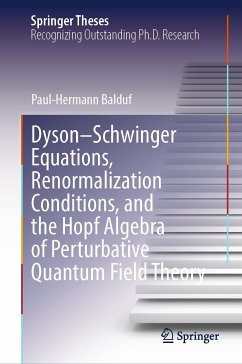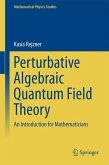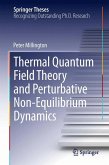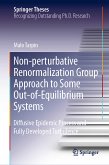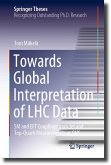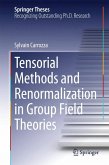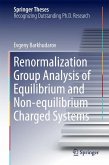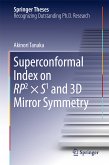This book offers a systematic introduction to the Hopf algebra of renormalization in quantum field theory, with a special focus on physical motivation, the role of Dyson–Schwinger equations, and the renormalization group. All necessary physical and mathematical constructions are reviewed and motivated in a self-contained introduction. The main part of the book concerns the interplay between Dyson–Schwinger equations (DSEs) and renormalization conditions. The book is explicit and consistent about whether a statement is true in general or only in particular renormalization schemes or approximations and about the dependence of quantities on regularization parameters or coupling constants. With over 600 references, the original literature is cited whenever possible and the book contains numerous references to other works discussing further details, generalizations, or alternative approaches. There are explicit examples and remarks to make the connection from the scalar fields at hand toQED and QCD. The book is primarily targeted at the mathematically oriented physicist who seeks a systematic conceptual overview of renormalization, Hopf algebra, and DSEs. These may be graduate students entering the field as well as practitioners seeking a self-contained account of the Hopf algebra construction. Conversely, the book also benefits the mathematician who is interested in the physical background of the exciting interplay between Hopf algebra, combinatorics and physics that is renormalization theory today.
